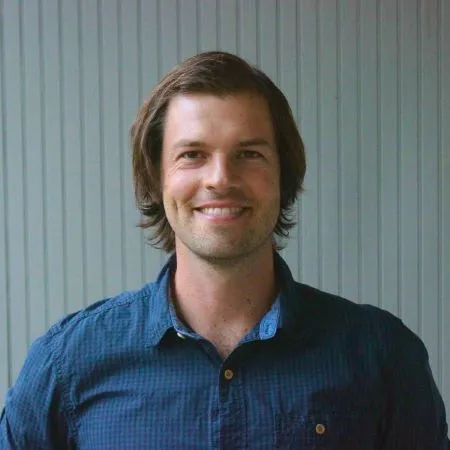With slow and uncertain progress towards reducing greenhouse gas emissions, geoengineering using solar radiation management has been increasingly promoted as a way to rapidly reduce the worst effects of climate change on humans. However, while geoengineering effects on temperature and precipitation have been investigated, essentially nothing is known about the potential ecological and social risks especially if geoengineering were terminated abruptly (e.g., due to undesirable side effects or political unrest). Here we show that temperature velocities—the speeds at which species are expected to have to move to track their thermal niches—are predicted to increase from a global median on land of 3.69 km yr-1 under a scenario with gradual anthropogenic warming (RCP 4.5) to 10.86 km yr-1 if geoengineering was terminated suddenly, and to more than triple in multiple biomes, marine and terrestrial biodiversity hotspots. Furthermore, implementing geoengineering may increase precipitation velocities significantly with strong drying over the Amazon, Australia, northern Europe and Asia. Finally, with abrupt geoengineering termination 32% of the global land surface is predicted to have temperature and precipitation velocities that are more than double RCP 4.5 and that diverge in direction by more than 90 degrees. This rapid climate fragmentation would pull moisture- and temperature-sensitive species in opposite directions such that the potential for rapid fragmentation of ecological communities may be extremely high. Geoengineering represents a serious threat to the persistence of many species with limited dispersal velocities in the most biodiverse places on Earth. Geoengineering is no easy substitute for large reductions in greenhouse gas emissions to reduce climate change risks to natural and human systems.
Presenters
Christopher Trisos
Dr. Christopher Trisos directs the Climate Risk Lab in the African Climate and Development Initiative at the University of Cape Town. The lab integrates data and methods from environmental and social sciences to understand risk and inform rapid, just, and equitable responses to climate change. As a postdoctoral research fellow at SESYNC, his research focused on climate change risks to biodiversity. Chris’ current research is on climate change risks to biodiversity, food production, and infectious disease, as well as risks from proposed solar geoengineering technologies. His work also...
Christopher Trisos
Dr. Christopher Trisos directs the Climate Risk Lab in the African Climate and Development Initiative at the University of Cape Town. The lab integrates data and methods from environmental and social sciences to understand risk and inform rapid, just, and equitable responses to climate change. As a postdoctoral research fellow at SESYNC, his research focused on climate change risks to biodiversity. Chris’ current research is on climate change risks to biodiversity, food production, and infectious disease, as well as risks from proposed solar geoengineering technologies. His work also investigates the feasibility and effectiveness of risk-management options in social and environmental systems, including climate finance and climate change literacy. In addition, Chris is Coordinating Lead Author on the Intergovernmental Panel on Climate Change’s (IPCC) Sixth Assessment Report, responsible for Chapter 9 of Working Group II on African Climate Change Impacts, Adaptation, and Vulnerability. He is also a member of the Core Writing Team for the IPCC Synthesis Report, and he has consulted on climate change adaptation for the World Bank. He earned a doctorate in Zoology from Oxford University, where he was a Rhodes Scholar. As a science communicator, he writes for The Conversation and is a co-creator of the climate change choose-your-own adventure game Survive the Century.
External Links:
https://climaterisklab.com/
https://scholar.google.com/citations?user=th_p4V8AAAAJ&hl=en
